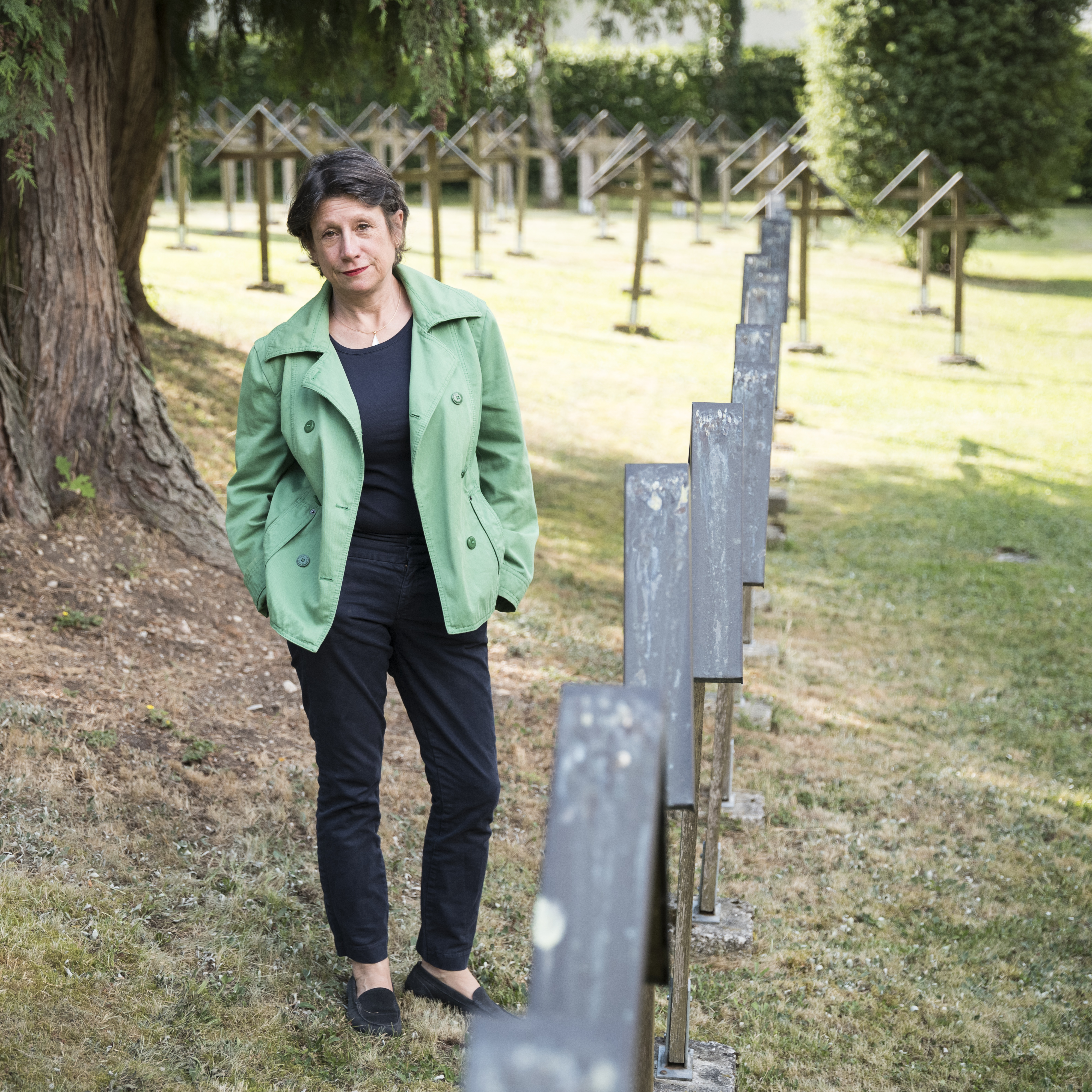This article addresses the transgenerational consequences of the Second World War and the Holocaust for the descendants of the Nazi perpetrators and bystanders. Using the example of her own family, the author traces the external obstacles and the psychological difficulties arising from working through a legacy of crime, compounded by the fact that an atmosphere of taboos, silence and denial has persisted within German families – in spite of all the research and enlightenment in the academic and political spheres. The author argues that the patterns of feeling, thinking and action are often passed down when they are not scrutinised. Meaningful dialogues with the survivors and their descendants, as well as authentic remembrance, the author claims, can only take place if descendants of the victimisers break away from those generationally transmitted narratives which continue to evade the entire truth about the crimes committed by the Nazis and their accomplices in Europe.
European Judaism, Volume 53, September 2020
>> read/purchase
Archiv der Kategorie: Biographische Arbeiten
The Long Shadow of the Perpetrators
erscheint bald in: European Judaism • Volume 53, No. 2, Autumn 2020: 77–86
„Wir müssen viel über diese Zeit erzählen“
Interview Für die Holocaust-Überlebende Anna Ornstein ist Erinnerung eine Brücke zwischen Vergangenheit und Zukunft der freitag, 11. Mai 2020
>> lesen

Ein Praktiker des Dialogs
Konferenz im Andenken an Dan Bar-On
Universität Jena, 3-5. Oktober 2019

Philippe Sands: Was in Lemberg geschah
Der englische Menschenrechtsanwalt Philippe Sands hat ein großartiges Buch geschrieben: ein fesselndes Familienmemoir, das die Geschichte von Tätern und Anklägern und die Geburtsstunde der internationalen Menschenrechte erzählt.
taz am Wochenende / 3. März 2018
>> Weiterlesen
Alexandra Senfft, l’héritage du silence
Près de soixante-dix ans après sa condamnation à mort et son exécution comme criminel de guerre, la mémoire de Hanns Ludin, ambassadeur du Troisième Reich en Slovaquie, continue à peser sur ses descendants. Alexandra Senfft, sa petite-fille, a brisé le déni familial.
La Croix, François d’Alançon, 14/08/2017
>> more

21.Juin 2017, Allemagne, Landsberg am Lech, Baviere, Alexandra Senfft, auteur , photographier sur la cimetire de Spttingen, avec des tombes de la deuxime guerre mondiale Cemetery Spötting Landsberg am Lech © Maurice Weiss/Agentur Ostkreuz
Wie sich Narrative in Familien der Täter durchbrechen lassen
Die Arbeit an sich selbst
Warum es für einen echten Dialog zwischen den Nachkommen von Tätern und Opfern notwendig ist, dass die Täternachfahren zuvor mit Tabus der eigenen Familiengeschichte aufräumen, beschreibt die Publizistin Alexandra Senfft. Ihr Großvater Hanns Ludin war
als »Gesandter des Dritten Reichs in der Slowakei» für die Deportation der slowakischen Juden mit verantwortlich.
Mitteilungen des Dokumentationszentrums Oberer Kuhberg Ulm e. V. – KZ-Gedenkstätte, Heft 65 / November 2016
>> pdf
«Living with the Dead: Sharing the Truth and the Pain of the Past»
in: Clio’s Psyche: Understanding the “Why” of Culture, Current Events, History, and Society
Special Issue on Psychology and the Holocaust: Part II
Meeting Report, Volume 21, Number 2, New York, September 2014, Pages 210 ff
excerpt:
Tomi, my grandfather is dead, but you are alive,” I say. Tomi agrees with a sense of relief as we hold on to each other, somewhat lost and yet not alone. We still have a long way to go in order to come to terms with a past that is haunting most of us up to this day. Sharing this experience with Tomi was the right thing to do. My daughter and the film team were with us and wrapped us in cotton wool, supporting us in our shared sorrow. We weren’t alone at all. Dan Bar-On once said to me “Alexandra, you might lose some of your family over working through the past, but you will find others to fill their place.” “It couldn’t be truer,” I think gratefully, as Tomi and I leave the cemetery arm in arm, nestled by a cocoon. In the face of the rising populist, right-winged develop-ments in Europe, I wonder though if all our efforts are too late.»
>> more
The Transmission of a Troubled Past: Between the Personal and Professional
Introduction to an event at the University College of London, May 2014:
«The Transmission of a Troubled Past: Between the Personal and Professional –
Alexandra Senfft, author: In conversation with Stephanie Bird, UCL»
by Dr. Julia Wagner, University College of London, Germany
>> pdf

